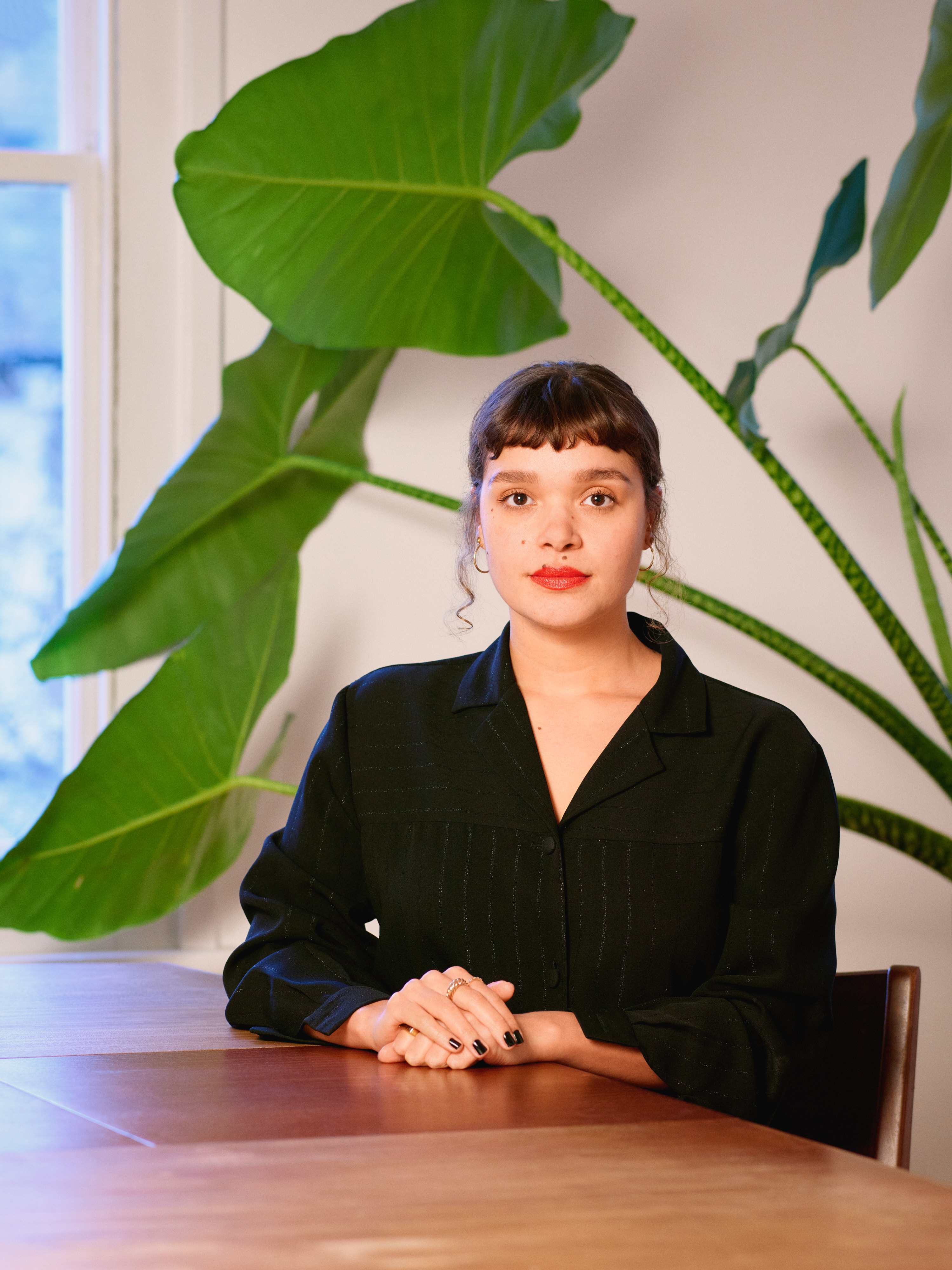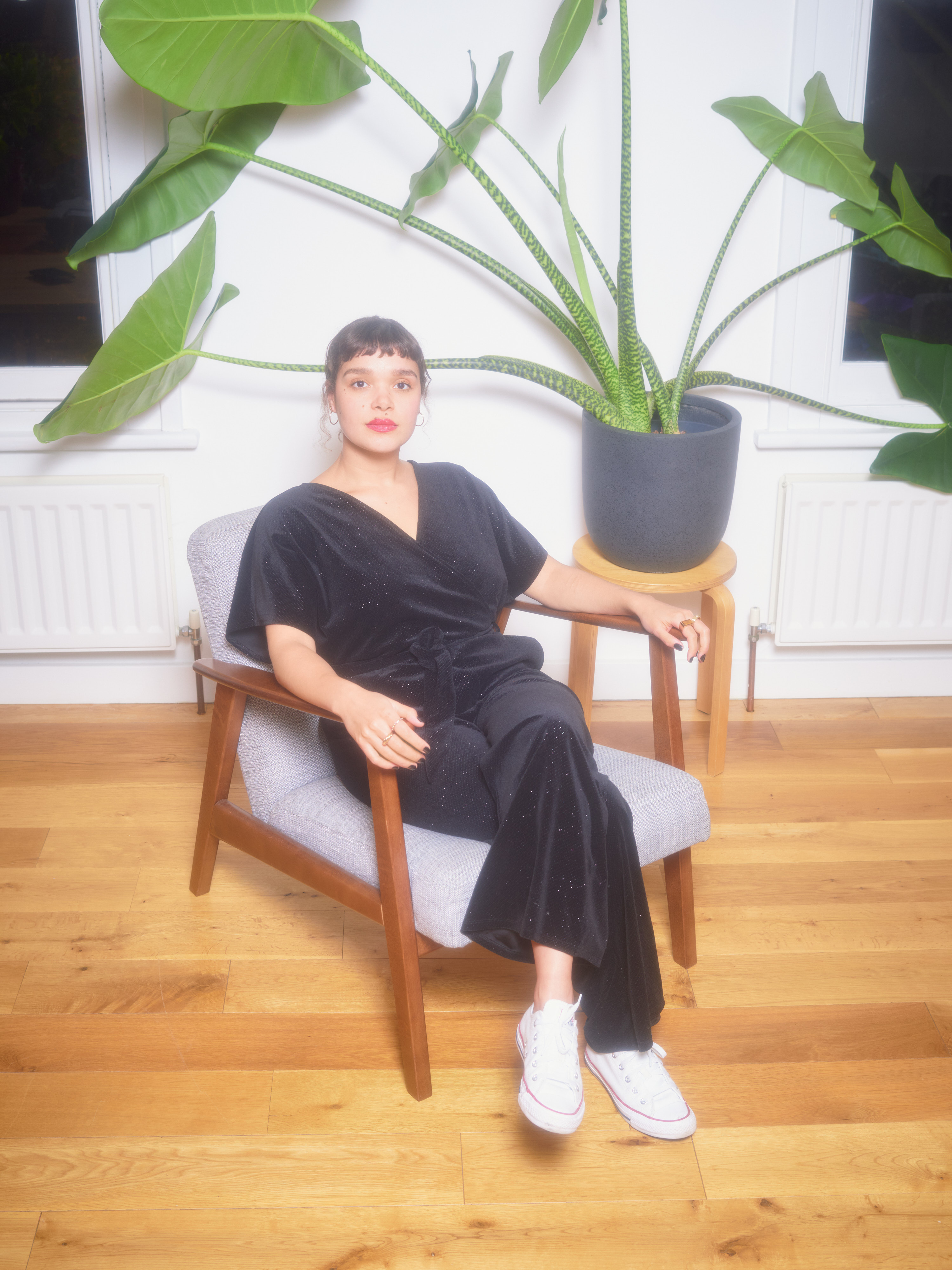By Inês Carvalho.
A creative process is much more than what we see on stage. Behind the scenes, there is a
driving force that organises, plans, promotes and manages every single step of the journey. What individual might this be, you wonder? A producer.
We chatted with independent producer Johanna Taylor to find out more about her career and how to make arts happen in this ever-changing cultural landscape.
Johanna has been working across performing arts, podcasting and film over the past decade.
Since 2012, she has been collaborating with some of the most vibrant organisations in the
United Kingdom such as Dance4, Birmingham Repertory Theatre, Arts Council England, City
of London, Barbican, Museum of London and, most recently, Improbable Theatre.
In 2018, she founded No Stone Theatre and since then, she has been splitting her time between
multiple projects. Passionate about being part of the creative process since the very beginning, Johanna shares with Dance Art Journal how producing can have an impactful mission in bringing arts closer to the audiences:
DAJ: Why did you choose to work as a producer? Was it something you always
wanted to do? Or was it unexpected?
Johanna: I think it was sort of a bit of both. I studied Dance and Arts Management for my undergraduate and I really loved performing and dancing. But at the same time, I was sort of thinking that maybe I didn’t want to dance professionally. So, after that I started volunteering and I got a job at Dance4 helping them with their marketing and admin. Those experiences, back in 2012, introduced me to the idea of a proper career in arts administration and producing; I think that was when I met the first person with the title ‘producer’ and I discovered that career path. I liked the idea of producing because it’s both creative and managerial at the same time, which was really exciting for me. And then I got a job at the Birmingham Repertory Theatre as the Arts Team assistant, where I was supporting their producer and artistic director.
By that time, I hadn’t decided that I wanted to be a producer, but I was so sure that I wanted to work in the arts and to be around creative people – I knew I wanted to be part of that world and creating new things. So, just after my master’s degree in Business Management, I was completely sure that producing was for me and I started pursuing it.
But what’s being a producer? It can mean so many different things! You can be a producer that organises community events, or securing funding and investment. There are so many different actions. I feel that a lot of my producer friends were producing for ages before they even realised that they were producers. They just thought they were just making things happen. Only then they realised “Oh, that’s producing, that’s who I am”.
DAJ: What are the most relevant skills you need to have to work as a producer?
Johanna: Once again, producing can be so many different things! From my personal experience, you need to acquire really practical skills, yet you also need personal skills. In the practical skills, a producer needs to be very organised and organise all of the people around you. It’s also really important to understand budgets, and be able to read and draft contracts.
A producer also needs to be a great communicator because you will need to write funding applications, or even marketing copy – at some point, the producer ends up being the marketing person and the human resources person. That’s why you need to understand different topics, as you need to be able to complete loads of tasks by yourself, especially when you work with small organisations or individual artists. You need to have practical skills.
I did some short courses in, for example, finance management, where I was able to develop my skills and knowledge. I think there are really practical things you need to know about, because even though this is a creative world, there are still contracts, budgets and logistics. And you still need to make sure that people are being looked after properly.
But all these skills are not enough if you don’t have any personal skills. You need to be compassionate and really empathetic. I think that artists and producers tend to be hyper aware of social issues and the communities that are part of the world we’re living in. So, as a producer, you also need to be the person capable of identifying what is the most interesting thing at the moment, and what audiences want to see.
DAJ: What are the challenges of an artist-producer relationship?
Johanna: This is an intimate relationship which brings its challenges. It can be easier if you start a process by knowing what the outcome is going to be. But you need to remember that you are part of a creative process and new things might appear and transform the project into something totally different. And sometimes the producer is the one encouraging the artist to keep moving forward, no matter the changes of the creative process. I think producers tend to be a bit of a driving force as well. Obviously, the inspiration comes from the artist, but sometimes they just need someone to be like “Have you done that thing you said you were going to do? Have you spoken to that person? I’ve booked your rehearsal space for this day, make sure you go in”.
I think there is a lot of stuff on this producer-artist relationship, especially around encouragement and moving people away from self-doubt. This is one of the key parts of a producer’s role as well: to be a kind of cheerleader when needed.
DAJ: A producer is often perceived as multitasking, having to deal with areas such as communications, funding or administration. Do you find multitasking a strength or a weakness?
Johanna: Well, I think it’s a strength. I quite like the multitasking side of producing as it keeps everything more interesting. But it depends on the scale of the project, as sometimes you need to have a specific person working on a specific thing. If it’s a smaller project, a producer is literally doing everything because it’s impossible to afford more people. When you have to do all the necessary tasks, it can be difficult but it’s kind of magical, I guess, in a way that you become able to switch your brain from one thing to another – like every single second!
However, most of the times you cannot focus on one thing which can be a weakness definitely. But I think probably it just depends on how your brain works. In my case, I’m a pretty obsessive list maker and that’s the only way that I can organise all my tasks. By developing all of these little organisational processes, I don’t drop things because everything’s written down in the same place online, and I can access it on my phone or on my laptop. But I know some people have other processes that work really well too.
DAJ: What makes you passionate about the performing arts sector?
Johanna: I believe that the arts, in general, can be a really good way to develop a sense of empathy in audiences. And within society, it’s a great way to give an insight into how other people think, feel or experience things that you might never experience yourself. This is what makes performing arts so special, this shared experience where you get a human connection that you just won’t get anywhere else.
And I think, obviously, there are loads of incredible public and audience engagement initiatives, things that the performing arts can offer. And it can really enhance societies, it can be an amazing way to engage underrepresented groups. For me, performing arts have always had a key role in challenging social injustice and find different and more accessible ways to talk about complex issues or concepts.
DAJ: Two years after the pandemic, what are your thoughts on how to rebuild the sector?
Johanna: It’s a long road and I don’t think that we’re anywhere near the end of it. I feel that we’re now at a point when we have to start working differently – for example, perhaps touring rhythms need to change and we won’t try to do so many things over winter.
I also think that some organisations need to be refreshed, and consider that a piece of work needs to be available both digitally and live. But, I really don’t know what the future will bring.
The pandemic highlighted many of the issues with the working conditions in the arts sector, but it also opened more creative opportunities at the same time. From now on, one of the focuses of the sector should be holding onto the talented professionals and workforce that are leaving because other fields are providing better conditions. We need to keep these talented people while developing new talent to keep the performing arts sustainable.


Currently, Johanna is working on Devoted & Disgruntled (D&D) Online, an opportunity for everyone passionate about the arts – from audiences to artists, CEOs to FOH staff, grassroots groups to seasoned professionals – to get together and focus on the question: “What are we going to do about theatre and the performing arts?” Anyone and everyone is invited to take part, no matter how experienced you are. D&D is a two-and-a-half-day event in which you get to set the agenda and decide what conversations you want to be part of. Once you’ve booked a ticket, you can take part in as much or as little as you want. Last year, we moved the annual D&D online which meant that, though venues were closed, we were still able to come together as a global performing arts community. This year, we’ll be back online. BOOK HERE